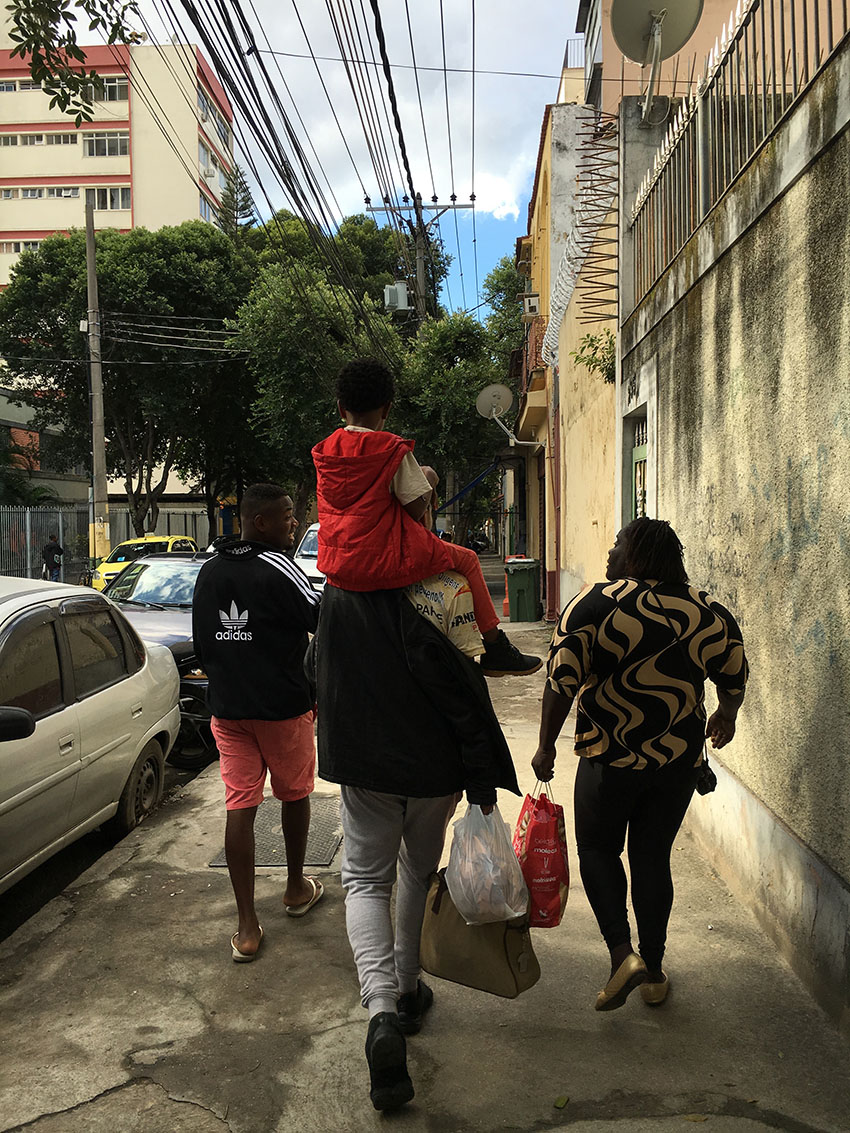Filled with glitz and glamour, the opening ceremony of the Olympic Games is a moment the whole world shares. For the Rio 2016 Olympic Games, Brazil showcased its history, culture, and heritage to a global audience — most notably through dance. Eight-year-old Thawan Lucas was the ceremony’s samba dancing sensation who captured not only the hearts of Brazil but the hearts of the world.
Thawan’s story is one of humble beginnings, but also a reality that most of the world doesn’t see. The place where Thawan lives has not been seen by spectators, tourists, and television viewers. These are the parts of Rio untouched by the Olympic Games.
Marcos Bandeira is Thawan’s dance teacher. Bandeira ensured that Thawan would audition to perform in the opening ceremony. He explained how Thawan got his start. “When he arrived at the project, he was 4, and his grandmother told me he knew how to dance, how to samba. As soon as he started samba, everyone got surprised. Did he take classes? I think I helped a little, but he is gifted,” he explained through an interpreter.
Thawan is not just a samba dancer, Bandeira says. Thawan has become the hope of Rio.
Bandeira had created a dance group to teach different styles of dance to all ages in Rio. Dance is not the only thing that he is teaching, Bandeira says. He is also teaching students to push through when times might be rough and to hold onto hope. “And that’s what the project is: simple,” Bandeira explains. “We accept whoever comes to find help.”
Finding support for the basic needs of the project has proved challenging. “We need a special dance room, the place needs to get work done, a water fountain, a bathroom that works,” Bandeira says. He hopes that visibility generated by the opening ceremony could lead to more support, and he plans to continue regardless.
There have been times when Bandeira has become exhausted and wanted to give up. At those times, an opportunity presents itself. Thawan’s Olympic moment is one of those times.
“I didn’t chase any of this, it all came to me,” Bandeira says. “Even though I have always worked hard, every time I came here, someone would make me feel sad about personal stuff. I’m always struggling and when I see my dream coming true, when I get to help my family, it feels really good. I am happy, even though I don’t have money.
“It only can be God. All of that [the opening ceremony] was given to us. In life there are always challenges and I have never given up. When I got here, there were always light issues, space issues, money issues, personal issues. I saw the light at the end of the tunnel.
“When people come to know the studio, they feel good energy. The good energy, the belief, make our project successful. Thawan knows it all. Every time I thought about giving up, someone would tell me ‘don’t give up.’”
Bandeira says Thawan performed in the opening ceremony as a volunteer, and was unpaid. Thawan’s grandmother has told news media that they were not given tickets to attend other Olympic events.
“The difference between being in the opening ceremony and coming back here, it’s two different realities,” Bandeira says. “We were in the spotlight, where we have anything we want, and now we come back here and that’s our reality. It feels like you get a really good job and you lose it. It’s a fleeting experience. Our project is about being outgoing and doing a show with all that lightning and stuff, that will have people looking for us, journalists, newspapers, and those kind of things. But when it’s over, who is Thawan?”
Marina Scherer, a journalism major at Mackenzie Presbyterian University in Sao Paulo, served as Rio field producer and Portuguese interpreter on this story. Marcelle Dutra of Mackenzie and Talita Alves of Campus Brasil also translated on the project.

Photo above: Thawan Lucas on the shoulders of his dance instructor, Marcos Bandeira, walking to the subway in the neighborhood where they rehearse.

